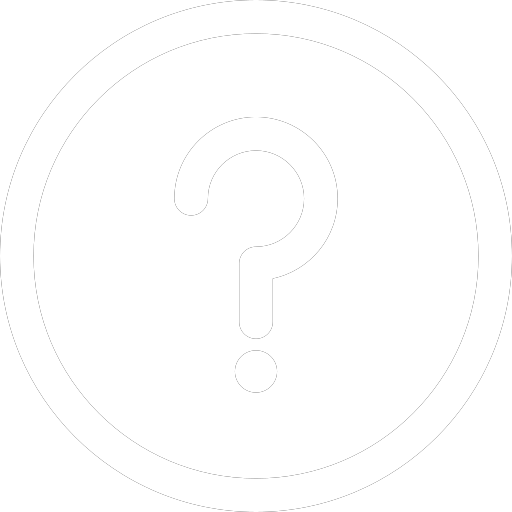Reuse and recycled water
Reuse and recycled water
We’re using more recycled water as we become more water efficient. By treating wastewater and delivering it through a separate network, it can be safely used for a range of purposes.
By increasing the availability of recycled water, safe clean drinking water is reserved for just that, in addition to food preparation and personal hygiene. Recycled water also reduces the amount of treated wastewater discharged to sea, helping to further reduce the environmental impact of our infrastructure.
How to know if you have recycled water
Recycled water is supplied through a separate system, using purple pipes. If your property is supplied with recycled water, you will have a separate, purple water meter. This helps to easily identify them and ensure the recycled water supply does not get connected to your drinking water supply.
Whether you have a recycled water supply, drinking water or both, it's important you complete our 30 minute safety audit once every 5 years and ensure all work on any of your pipework is completed by a licensed plumber, as there are potential health risks associated with the cross-connection of drinking and recycled water supplies.
Using recycled water safely
Your recycled water supply has been treated at a wastewater treatment plant to a standard that is safe for a range of household purposes. These include flushing toilets, watering gardens, and washing cars. It is not safe for drinking, so please keep your recycled water supply clear from rainwater tanks and drinking water systems.
You can safely use recycled water to:
- water lawns and gardens including fruit trees, vegetables, and flowers
- flush toilets
- wash cars
- fill water features and ornamental ponds (with no fish)
- wash pets
- operate evaporative coolers and air conditioners.
Your recycled water supply is not for:
- drinking
- cooking or food preparation tasks such as rinsing vegetables
- personal washing including baths, showers, hand basins and bidets or brushing of teeth
- indoor cleaning
- use in swimming pools and spas
- recreational activities, including children playing under sprinklers.
Before connecting appliances to your recycled water supply, we recommend you check with the manufacturer. Consult your local nursery or garden supplier for expert advice on using recycled water in your garden as recycled water has a higher level of nutrients and salinity than drinking water. If you have any questions – or would like an audit checklist – call us on 1300 650 950. Or you could download our Using recycled water at home guide.
Where we supply recycled water
- Adelaide's parklands: a minimum of 1.3 billion litres recycled water from the Glenelg Wastewater Treatment Plant keep the Adelaide Parklands green every year.
- Bowden residents: recycled water also provides a source of sustainable water for toilet flushing.
- Adelaide’s southern suburbs: sewage collected at the Christies Beach Wastewater Treatment Plant is treated and supplied to homes in Seaford Meadows and Seaford Heights for watering, irrigation, and toilet flushing.
- Mawson Lakes: recycled water from the Bolivar Wastewater Treatment Plant supplies homes in Mawson Lakes for watering, irrigation, and toilet flushing.
- Virginia’s market gardeners: the Virginia Pipeline Scheme uses recycled water from the Bolivar Wastewater Treatment Plant to supply growers in the Virginia area north of Adelaide.







